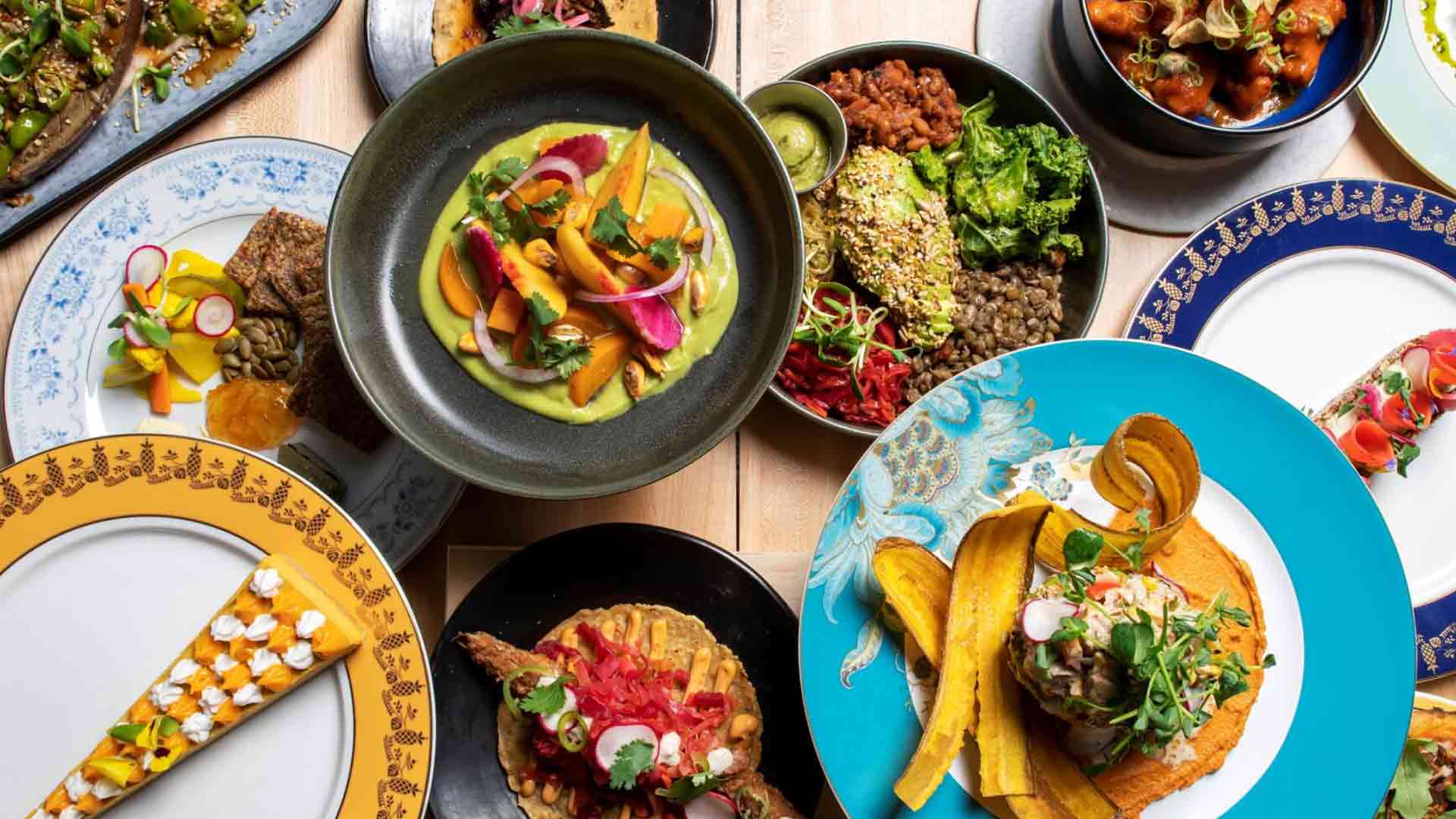Culinary Footprints Around the Globe

Culinary Footprints Around the Globe
Food, the universal language, transcends borders and cultures, leaving delicious
"culinary footprints" wherever it goes. From the bustling street food stalls of
Bangkok to the Michelin-starred restaurants of Paris, every dish tells a story,
reflecting the history, traditions, and innovations of its origin. This exploration
delves into the fascinating world of global cuisine, examining how food has shaped
societies, influenced travel, and continues to evolve in the modern era.
A Taste of History: How Food Has Shaped Civilizations
The history of food is inextricably linked to the history of humanity. The
agricultural revolution, with the domestication of crops and livestock, was the
cornerstone of settled civilizations. The availability of diverse food sources led
to population growth, specialization of labor, and the development of complex
societies. Consider the ancient Romans, whose vast empire relied on the distribution
of grain throughout their territories. Or the Silk Road, a network of trade routes
that not only facilitated the exchange of goods but also introduced new ingredients
and culinary techniques across continents. Spices from the East, such as cinnamon,
cloves, and nutmeg, became highly prized commodities, driving exploration and
shaping global trade for centuries.
Culinary Capitals: Where Food Takes Center Stage
Certain cities and regions have become synonymous with exceptional culinary
experiences. Paris, with its haute cuisine and iconic patisseries, remains a global
culinary powerhouse. Italian cuisine, with its emphasis on fresh ingredients and
simple preparations, continues to delight palates worldwide. Tokyo, with its
immense variety and dedication to detail, offers an unparalleled sushi experience.
Bangkok’s street food scene, a sensory explosion of flavors and aromas, attracts
food lovers from all corners of the globe. These culinary capitals serve as
inspiration for chefs and home cooks alike, showcasing the diversity and richness
of global gastronomy.
The Impact of Travel and Migration on Food
Travel and migration have been major catalysts for the exchange and evolution of
food. As people move and settle in new places, they bring their culinary traditions
with them, introducing new flavors and techniques to local cuisines. The rise of
global travel has also made it easier than ever to experience diverse cuisines,
leading to increased demand for authentic international dishes. Fusion cuisine,
a blending of different culinary traditions, is a testament to this cross-cultural
influence, creating exciting new dishes and flavor profiles.
The Rise of Food Tourism and Culinary Experiences
Food tourism is a rapidly growing sector of the travel industry. People are
increasingly traveling to experience local food cultures, participate in cooking
classes, and visit food markets and farms. Cooking shows and food blogs have
further fueled this trend, inspiring people to explore new cuisines and experiment
with different ingredients. The demand for authentic culinary experiences is high,
with travelers seeking opportunities to connect with local cultures through food.
This trend has also led to a greater emphasis on sustainable food practices and
the importance of supporting local producers.
Global Trends in Food: Sustainability and Beyond
The modern food landscape is constantly evolving, with several key trends
shaping its future. Sustainability is a major focus, with consumers demanding
locally sourced, organic, and ethically produced food. Plant-based diets are
gaining popularity, driven by concerns about health, animal welfare, and the
environment. Technological innovations, such as lab-grown meat and food delivery
services, are also transforming the way we eat. The rise of online food platforms,
such as global restaurant listings, has made it easier than ever to discover and access
a wide variety of cuisines from around the world.
Conclusion: A World of Flavor Awaits
The culinary landscape is a vibrant tapestry of flavors, traditions, and
innovations. From the ancient origins of agriculture to the modern trends in food
technology, food has shaped civilizations, influenced travel, and continues to
bring people together. As we continue to explore the world of global cuisine,
we are sure to discover even more exciting culinary footprints, waiting to be
explored and enjoyed.